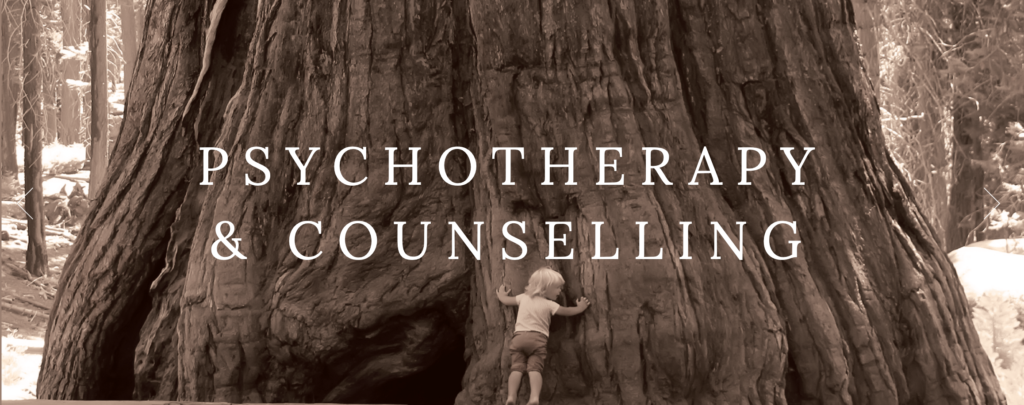Dublin Counsellor Blog
What is Counselling? Part 3

What is Counselling? Part 3: In What is Counselling? Part 1, we looked at how counselling is different to talking with a friend. A counsellor helps separate a client from outside influence to see where he/she REALLY is in themselves, something that can be a surprise to the client themselves.
In What is Counselling? Part 2, We looked at how defence mechanisms protect us from the hurt of past experience but also block and confuse us as we look to resolve our issues.
What is Counselling? Part 3. If the mind is like an ocean, the deepest current under the surface that a counsellor carries an awareness of, and what would be missing from a talk with a friend, is the unconscious process of regression and transference.
Regression
As a session with a client progresses, he/she will naturally regress into earlier life stages and times to look at the ‘origin stories’ of how their issues came to be. The counsellor facilitates this naturally occurring mechanism.
Transference
Then emerges the transference. How the client relates to the counsellor carries the original blueprint of how the client related to his/her mother and father and vice versa.
This blueprint is what someone takes into their adult life and it ‘transfers’ onto ALL our relationships, both professional and personal.
Relating from this depth, and unlearning a lot of the assumptions and beliefs that have built up from it, is what counselling describes as the ‘corrective emotional experience’ it is designed to provide.
When we see things in a different way, then different possibilities open up and life can change from there.
What is Counselling? Part 3
To get to this depth and resolve such earlier issues takes trust between counsellor and client and that takes time to build. Sometimes, clients come to counselling for a ‘quick fix’ or to ‘nip something in the bud’. Once you are over 25, that option has passed.
For a wider description of how counselling works, and to see my own availability for counselling, check out:

